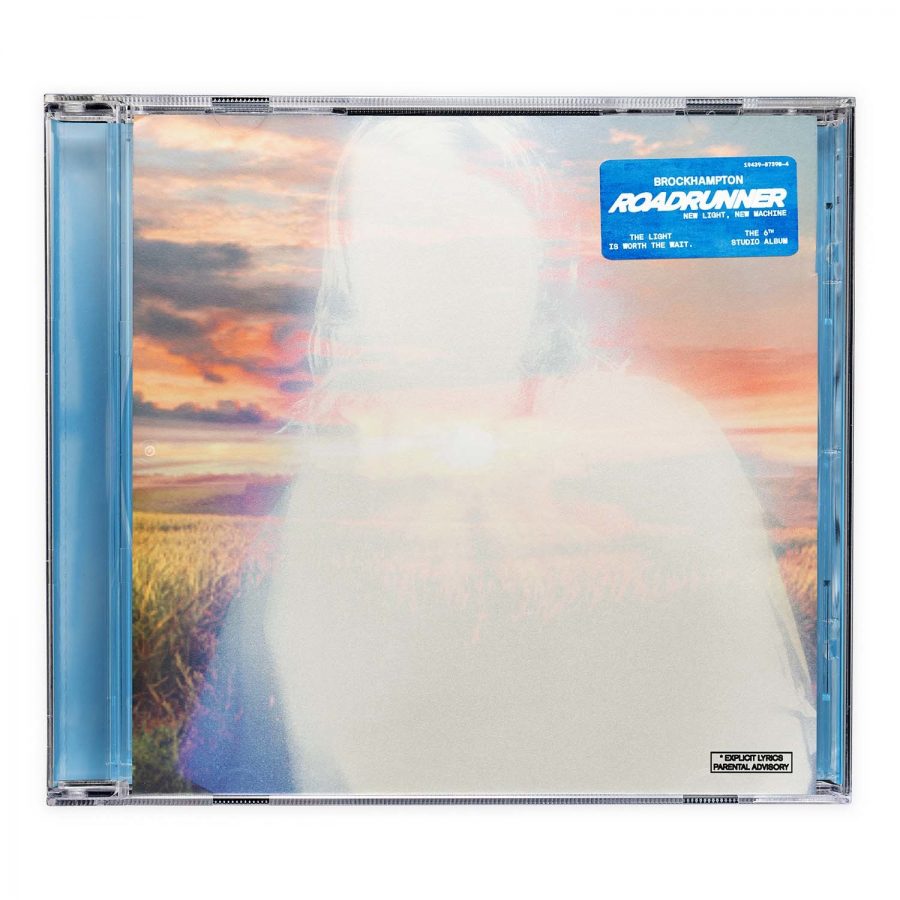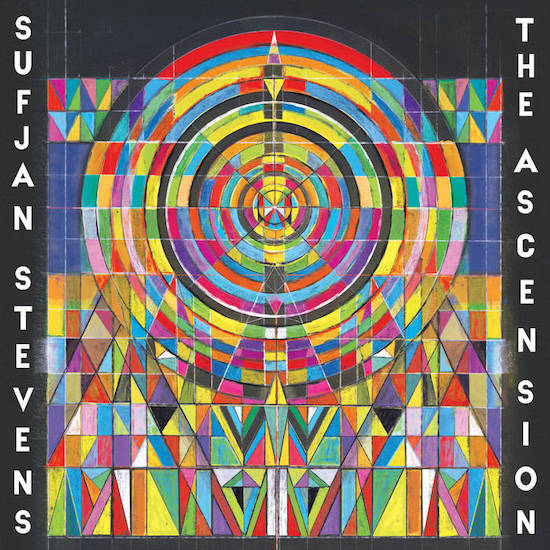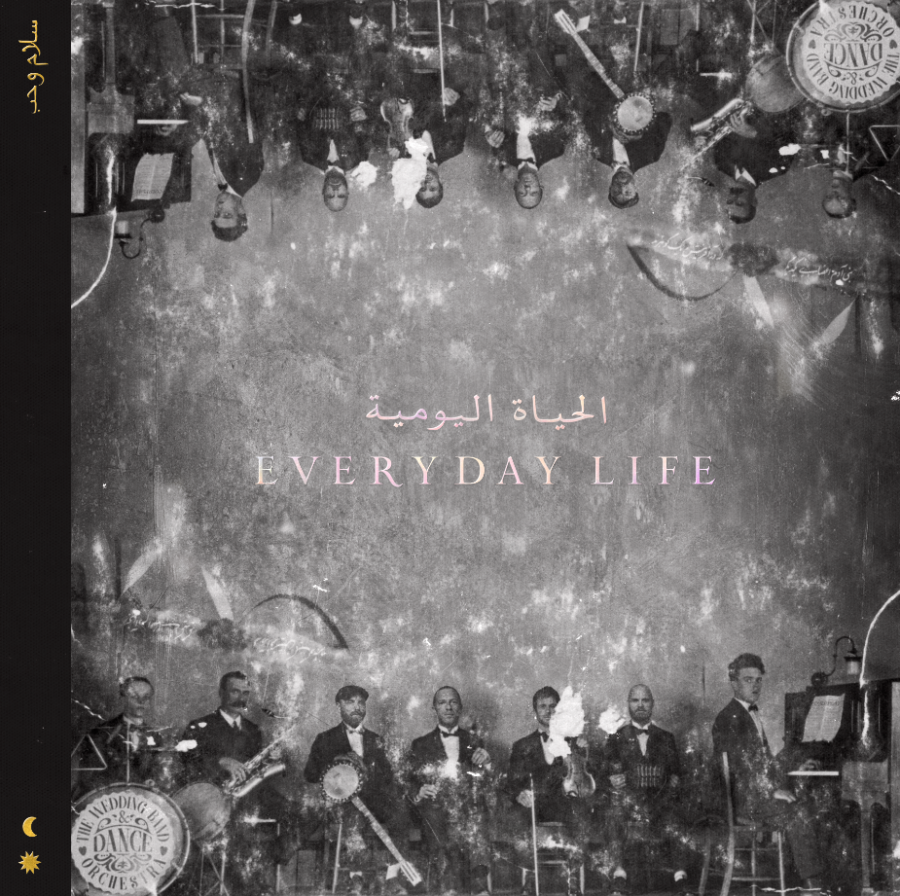The members of One Direction are growing up.
At least that is the message they have been trying to send ever since they burst onto the global music scene in 2012. With their aptly titled fourth album, “FOUR,” Zayn Malik, Louis Tomlinson, Niall Horan, Liam Payne and Harry Styles finally reach the mature sound they have been looking for since their first single “What Makes You Beautiful” became a worldwide hit.
Much has changed since this British-Irish boy band was formed on “The X Factor” in 2010; none of the boys are in their teens anymore (Styles turned 20 earlier this year), and the electropop that fueled much of their first two albums is mostly left behind. The boys now contribute heavily to the songwriting process — all but two of the tracks on the standard edition are co-written by at least one of the members.
The album’s first single, “Steal My Girl,” is co-written by Payne and Tomlinson, and it opens with powerful piano chords that recall Journey’s “Faithfully,” before kicking in with a stomping backbeat. The song is quite a bit of fun and is accompanied by an equally fun music video starring, among others, a marching band and Danny Devito. As with their previous albums, this song serves mainly as an introduction for the rest of the set; what’s different about “Steal My Girl,” however, is that it actually fits sonically with the other songs.
If last year’s “Midnight Memories” was all about rocking guitar choruses and stadium-ready anthems, “FOUR” pulls back the reins a bit to deliver more of a soft rock-driven sound. That’s not to say the album is devoid of the upbeat numbers that One Direction is known for, however. The Styles-penned “Where Do Broken Hearts Go” is a soaring arena rock anthem, while “Girl Almighty” and “No Control” are fun, celebratory romps that are bound to get you off your feet. “No Control” in particular is a stand-out track for Tomlinson. The album’s strangest title comes courtesy of the penultimate track “Stockholm Syndrome,” and it certainly leans toward the edgier end of One Direction’s lyrical content. Oddly enough, the metaphor about a girl who has the boys under her spell works against the 80s pop beat.
It wouldn’t be a One Direction album if there weren’t any slower numbers meant to grab the listeners’ emotions and take them on a ride (previous singles “Little Things” and “You and I” aspire to the same goal). British singer-songwriter Ed Sheeran once again contributes a soft acoustic number in “18.” This nostalgic ballad has Sheeran written all over it, but the One Direction boys make it their own, even though the title year isn’t a distant one for them. “Fool’s Gold” presents a darker image of romance that recounts how the boys fall for a girl who uses them, while the pounding “Spaces” recalls a relationship gone sour where neither one wants to be the first to leave. Break-up songs are a standard on pop albums, but the One Direction members have managed to scratch below the surface and probe the many emotions that come with heartbreak.
The two stand-out tracks on the album, however, draw together the entire concept of “FOUR.” The album’s second single “Night Changes” is a slower ballad with an ethereal feel and a soft, driving beat; it’s a standard One Direction love song with a not-so-standard style. “Fireproof,” on the other hand, is a lovely midtempo number that establishes the soft rock vibe better than any other song on the album. The harmonies that accompany the lyrics about an unstoppable romance are soaring and effortless. It’s easily not only the best song on the album, but one of the best songs that One Direction has ever produced.
After searching for One Direction searched for their own sound over previous albums, “FOUR” represents the cohesive sound that “Midnight Memories” almost had. The boys, who initially struggled to mesh sonically — Styles’ husky-rock voice to Malik and Payne’s smooth vocals to Tomlinson and Horan’s playful tones — have now found equal room to shine. The boys draw on older influences from 70’s and 80’s rock while bringing a modern sensibility to their songs. The result is an album that doesn’t alienate its largely female fan base and beckons new listeners looking for a more mature sound. One Direction has grown out of the teen pop that started their mega-successful career, and “FOUR” proves that a rockier sound was the right direction to take.











